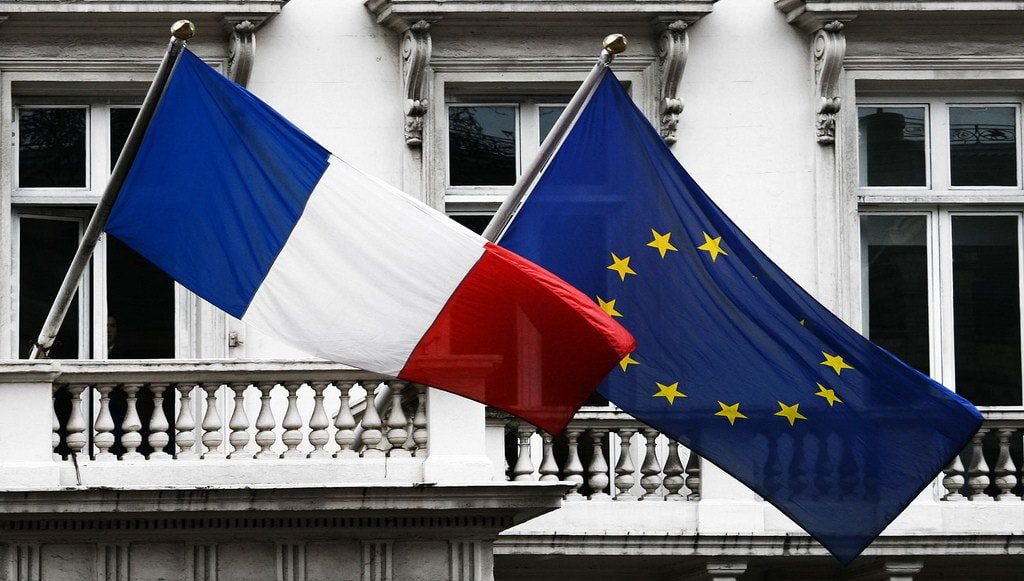
On the day after Christmas, an unusual poll about Europe and national pride was conducted among the French population by the IFOP (French Institute of Public Opinion) in partnership with the Journal du Dimanche and the Europa Nova think tank. This poll was conducted as France prepares to assume the presidency of the European Union from January 1st, 2022. The study was also conducted within Italy and Germany which, with France, compose three of the founding member countries of the European project as it was conceived in the years following the Second World War. It was also published in the Italian newspaper Il Corriere della Serra and in the German newspaper Frankfurter Allgemeine Zeitung.
The survey reveals three major differences between the French reaction and that of the Italians and Germans.
The first difference concerns the notion of European pride. In Germany as in Italy, national pride is accompanied by a very high level of European pride: for three-quarters of the population of these two countries, one does not seem to eclipse the other. European pride is a value shared by a majority of the population, all socio-professional categories included. In France, on the other hand, only two-thirds of citizens admit to having a sense of European pride–an admission with very strong professional disparities. The self-employed, for example, declare very little or no European pride.
The second difference, which is in fact a fairly logical consequence of the first, concerns the desire for greater European integration. The Germans and the Italians would like to see more investment in European integration: 50% of Germans want a more integrated Europe and 43% of Italians. Only 29% of the French, however, support European integration, while an impressive 40% expressed preference for a Europe of nations with more state sovereignty.. Euroscepticism is particularly marked in France among young people under 25.
The third difference can be seen in the political parties. In Germany and Italy, supporters of all parties show a high level of European pride and a high desire for integration, regardless of political color. In France, the parties are almost entirely divided between pro-Europeans and Eurosceptics. But even the most left-wing parties appear to be increasingly sensitive to the cause of national sovereignty, which was not the case at the time of the 2005 referendum on the Constitution.
How can these differences be explained? One factor resides in the current political debates in France on migration issues, which are associated with liberal European policies that seek to standardize immigration. For those concerned over massive immigration, European policies are often held responsible. Another factor to consider is the nature of the governing regime. France has a presidential system, unlike Germany and Italy, and the upcoming election has galvanized division within the country. The fact that President Macron is pro-European has contributed to the debate between Europhiles and Eurosceptics. Furthermore, the concomitance of the presidential election with the French presidency of the European Union will accentuate this phenomenon. It was for this reason that former President of the European Council Donald Tusk proposed to Emmanuel Macron that the EU presidency be postponed until after the election–a suggestion Macron declined..
The publication of such a survey at a time when France is preparing to take over the presidency may signal that caution is needed. Divisions such as those that exist within the French population may impact European institutions. But, despite their distrust of the European project, the French are yet not ready to consider a Frexit. Another poll conducted in mid-November indicated that 63% of French people wanted France to remain in the European Union.
